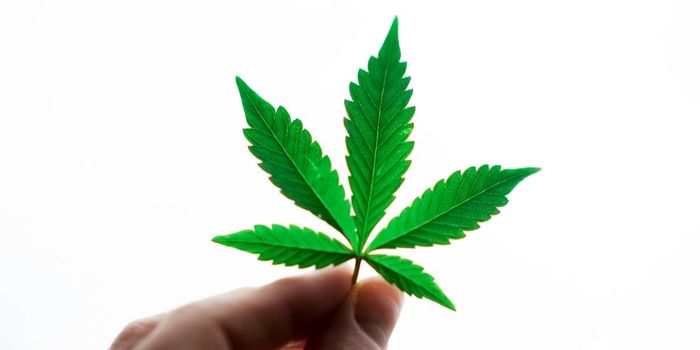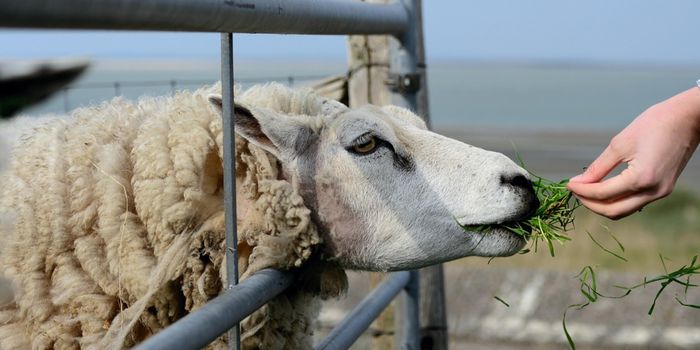Salmon Face Impaired Olfactory Function Amid Ocean Acidification
Olfaction, or more colloquially known as the sense of smell, is essential for coho salmon. The fish depend on their noses to sniff their way through a variety of challenges, including waterway navigation, predator evasion, and prey detection. Unfortunately, that could change in the future.
Image Credit: Alaska Sea Grant
Citing a paper published this month in the journal Global Change Biology by researchers from the University of Washington and NOAA Fisheries' Northwest Fisheries Science Center, the ocean’s natural ability to absorb and store carbon dioxide emissions interferes with coho salmons’ olfaction-centric behavior.
As the ocean absorbs mass quantities of carbon dioxide, its chemistry changes and its pH level drops, making it more acidic. As you might come to expect, wild salmon are hard-wired to recognize specific scents in their environment, and a rapidly-changing environment throws their sniffing spree out of whack.
"Salmon famously use their nose for so many important aspects of their life, from navigation and finding food to detecting predators and reproducing. So it was important for us to know if salmon would be impacted by future carbon dioxide conditions in the marine environment," explained Chase Williams, the lead author of the study.
"Our studies and research from other groups have shown that exposure to pollutants can also interfere with sense of smell for salmon," added Evan Gallagher, a co-author of the study. "Now, salmon are potentially facing a one-two punch from exposure to pollutants and the added burden of rising CO2. These have implications for the long-term survival of our salmon."
Related: Chimpanzees use olfaction to discern one ape from another
Given just how dependent wild salmon are on their noses, the curious researchers set up an experiment of their own to learn more about how ocean acidification impacts coho salmons’ sense of smell.
After filling three separate water tanks with saltwater, the researchers tweaked the pH levels of two of those such that the first represented a modern-day ocean, the second represented the predicted ocean pH level in 50 years, and the third represented the predicted ocean pH level in 100 years. They then filled the tanks with juvenile coho salmon and waited two weeks so the fish could acclimate.
After the two weeks, the researchers exposed all three tanks of fish to salmon skin extract to simulate the smell of a salmon attack via predator. Perhaps unsurprisingly, the test subjects in the natural saltwater responded as expected, but those from the lower pH saltwater responded more slowly or not at all.
The researchers concluded that the coho salmon probably still smelled the scents, but responded differently because the chemical alterations in the water had messed with their neurological behavior.
"At the nose level, we think the neurons are still detecting odors, but when the signals are processed in the brain, that's where the messages are potentially getting altered," Williams said.
Related: Decaying salmon bodies help younger populations thrive
The findings seem to support the idea that a carbon-enriched ocean impacts the behavior and lifestyle of coho salmon, and it’s conceivable that it has similar effects on other fish species.
Given the circumstances, and the importance of salmon in the food chain, the researchers hope their findings will enlighten those who still believe ocean acidification is a non-problem and that it will prompt action to slow or reverse the issue, but a long-term solution remains to be seen.
Source: Science Daily, Global Change Biology









